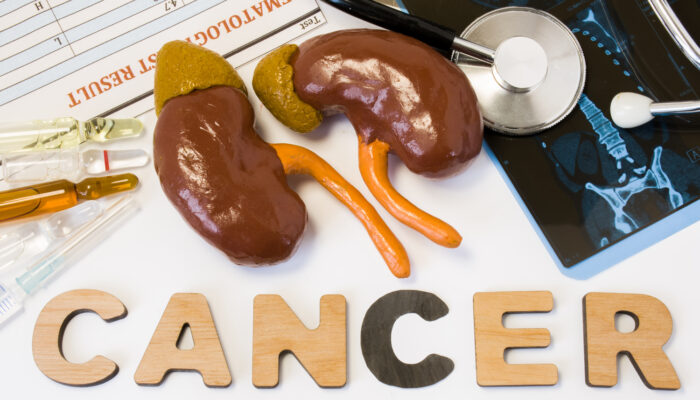
Tips for Managing and Treating Irritable Bowel Syndrome
Irritable bowel syndrome is a disorder that affects the large intestine. Irritable bowel syndrome is commonly referred to as IBS and is common with more than 200,000 U.S. cases per year. Symptoms of IBS include abdominal pain, bloating, diarrhea, and constipation. IBS management is very important to sufferers, and there are many different IBS treatment options like the ones listed below:
1. Diet and avoiding IBS triggers
Trigger foods may vary among patients, but usually sufferers are told to avoid high-gas foods. These foods generally consist of carbonated and alcoholic beverages, caffeine, raw fruit, cabbage, broccoli, and cauliflower. Studies have shown that gluten can be an irritant to some patients with IBS, and that individuals who omitted gluten out of their diets reported improvement with diarrhea symptoms. A dietician will be able help determine what foods an IBS sufferer should not eat. To help reduce constipation, a fiber supplement can be taken. Another thing IBS patients can do is to eat at regular times, and at the same time every day without missing meals.
2. Exercise and managing stress
Exercise helps create normal contractions of the intestines, which can help with the constipation symptom of IBS. Some of the best exercises for IBS management include walking, light running, swimming, cycling, and compound weight training. Yoga is also very beneficial to IBS sufferers. Stress has been shown to increase motility and sensation of the colon to a greater degree in IBS patients, which can cause diarrhea and cramping. Studies have shown that IBS symptoms improve when patients reduce their stressors.
3. Over-the-counter-drugs
For patients with slight IBS symptoms, over the counter drugs can be used to relieve some of the symptoms. If a fiber supplement is not enough to relieve constipation, a person can use a laxative. There are many brands and types of laxatives available over the counter. To handle diarrhea symptoms, an anti-diarrheal medication such as loperamide can be used.
4. Prescription drugs
IBS patients are generally prescribed drugs to help control their symptoms. Some of the common drugs prescribed are Alosetron (Lotronex), Rifaximin (Xifaxan), Eluxadoline (Viberzi). Alosetron relaxes the colon and slows the movement of waste through the lower bowel. Rifaximin is an antibiotic that decreases bacterial overgrowth and diarrhea. Eluxadoline reduces muscle contractions and fluid secretion in the intestine to ease diarrhea. There are numerous other prescription drugs that can be given depending on the patients symptoms.
5. Alternative treatments
Many alternative treatment options have been proven to help reduce IBS symptoms. Probiotics are probably the most popular alternative treatment to date. Probiotics are good bacteria that live in the intestines, and certain probiotics have been shown to provide abdominal pain, bloating and diarrhea relief. Other popular alternative treatments include acupuncture, hypnosis, and the use of peppermint.
There are many IBS treatment options that can help make life more easier and enjoyable to IBS sufferers, and a doctor will be the best person to help create an IBS management plan.



